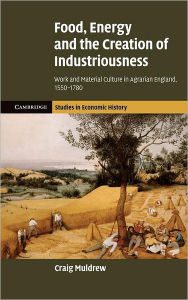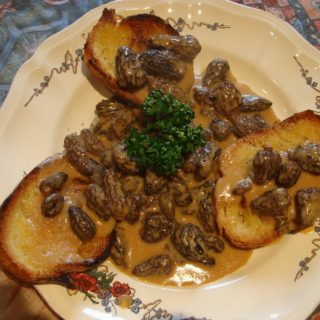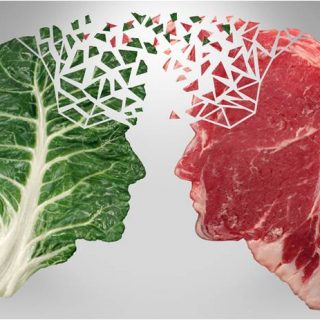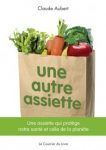 Until the widespread harnessing of machine energy, food was the energy which fuelled the economy. In this groundbreaking study of agricultural labourers’ diet and material standard of living, Craig Muldrew uses new empirical research to present a much fuller account of the interrelationship between consumption, living standards and work in the early modern English economy than has previously existed. The book integrates labourers into a study of the wider economy and engages with the history of food as an energy source and its importance to working life, the social complexity of family earnings, and the concept of the ‘industrious revolution’. It argues that ‘industriousness’ was as much the result of ideology and labour markets as labourers’ household consumption. Linking this with ideas about the social order of early modern England, the author demonstrates that bread, beer and meat were the petrol of this world, and a springboard for economic change.
Until the widespread harnessing of machine energy, food was the energy which fuelled the economy. In this groundbreaking study of agricultural labourers’ diet and material standard of living, Craig Muldrew uses new empirical research to present a much fuller account of the interrelationship between consumption, living standards and work in the early modern English economy than has previously existed. The book integrates labourers into a study of the wider economy and engages with the history of food as an energy source and its importance to working life, the social complexity of family earnings, and the concept of the ‘industrious revolution’. It argues that ‘industriousness’ was as much the result of ideology and labour markets as labourers’ household consumption. Linking this with ideas about the social order of early modern England, the author demonstrates that bread, beer and meat were the petrol of this world, and a springboard for economic change.
Contents :
1. Introduction
2. What did the poor eat ?
3. Calories consumed by the poor
4. Labourers’ household goods
5. Work and household earnings
6. Agricultural labour and the industrious revolution
7. ‘Honest’ and ‘industrious’ labourers?
Conclusion.
Order the book
Food 2.0 LAB in association with Amazon
Books by the same author –












